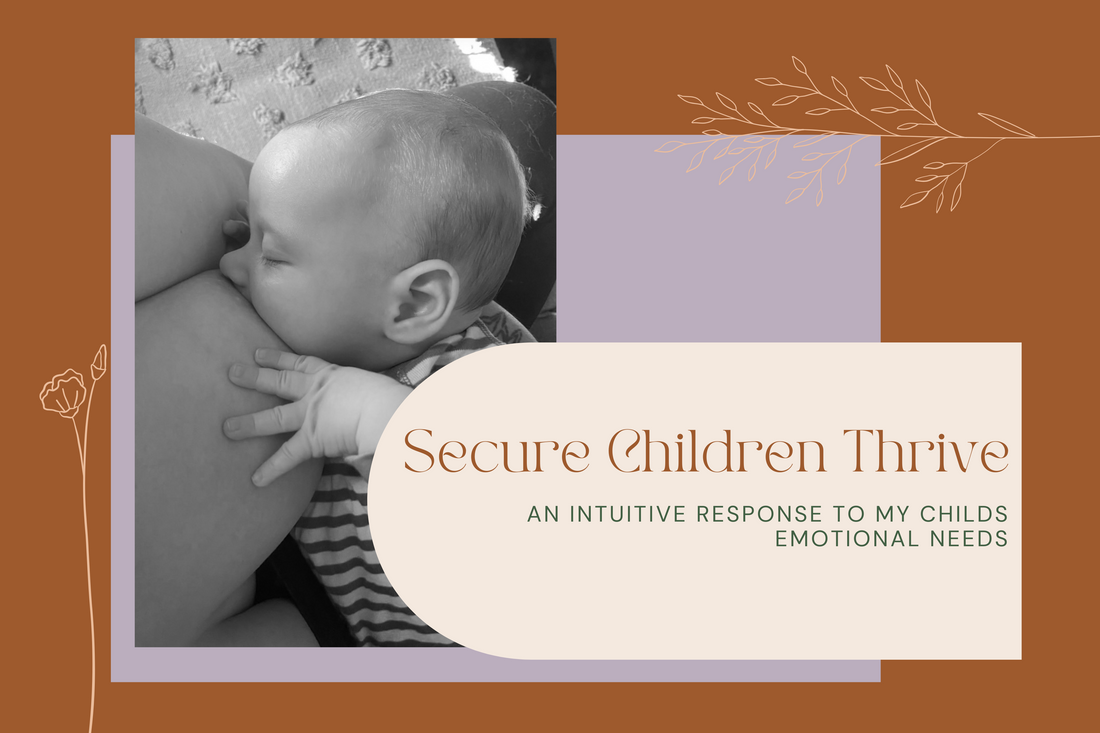
Secure Children Thrive
Share
Last week a friend asked me, “when should you stop giving them (our children) a bottle to bed?”
My son turned 3 in June. When I was exclusively breastfeeding him as a baby, his bedtime routine consisted of bath time, diaper change, pjs, then breastfeed and cuddles to sleep. When I could no longer breastfeed (we had issues and my supply was fully gone by around 8 months) it was bath time, diaper change, pjs, book, then a bottle of formula and cuddles to sleep. Then he turned about 18 months and he fully transitioned off formula onto cows milk and his bedtime routine looked like: bath time, diaper change, pjs, book, bottle of milk and cuddles to sleep. He’s now over 3 and his current bedtime looks like this: Bath/shower, diaper on for bed (he goes without during the day), pjs, bottle of milk and if he doesn’t fall asleep (which he often doesn’t) we’ll read books and tell stories, once upon a times he calls them, until we tell him it’s time to go to sleep and he turns over and drifts off as we cuddle.
Does this take time? Yes. Does this eat into our night? Yes. Do we sometimes wish we had more time/that he would go down quicker? Absolutely. But our mentality is this: How long is he going to want to do this? Who knows!? It could be another 6 months, it could be another 5 years. BUT there will come a time, when he won’t want this any more. He won’t want his nightly bottle of milk, he’ll be “too old” for it. He won’t want it. Sometimes this happens even now (rarely but it does).
I TRULY believe that secure children thrive. That feeling of security starts with us. Research supports this belief strongly: children who form secure attachments show differences at the molecular level, including changes in DNA methylation related to immune function and cognitive development, which suggests biological benefits linked to positive parenting such as responsive feeding and comforting routines (Merrill et al., 2021). Other studies show that interventions to improve attachment between parents and children increase secure attachment rates from around 20% to over 50% and result in better behavioural and emotional outcomes later in life (Kohlhoff et al., 2022). Secure attachment early in life has also been linked to better emotional regulation, more positive moods, and better coping skills in childhood (Easterbrooks et al., 2000; Kerns et al., 2007).
By helping children through the big transitions of the day, and supporting their emotional needs to cope with distress or change, children learn that we, their parents, are unconditional sources of comfort and support—pillars they can lean on. (Bowlby, 1969).
I often feel like many modern parenting trends emphasize fostering independence, self-soothing and sleeping alone. While I embrace some of these methods, especially when it comes to play and risk taking, when it comes to responding to my child's emotional needs—especially at bedtime or distress—attachment-focused parenting allows me to maintain a close emotional connection and build trust while still nurturing independence.
And, speaking personally here, as the parents, we crave that moment. When we feel his limbs go weak, we hear his breathing change and we see his mouth relax around the top of the bottle, off into dream land. I turn him around so his head rests on my shoulder and his belly melts against my own and I breathe him in. Not only does this nightly ritual benefit him, it benefits me and my husband. It's a deep breathe after a day of running around non stop, wrestling, tantrums, demands and giggles. It's a moment to become one again, after so much time has been spent pushing boundaries, taking independent steps and learning. We breathe him in in these moments, whether milk drunk and sleeping or sighing into his pillow after a 'Night night, Love you.' This moment of connection is invaluable for all involved. And we still live for it. (I'd be happy to do this until his teens if that's what he wanted haha) And should never be underestimated or rushed away.
So my answer to my friend's question is simply, “Trust your own intuition. There's no rush to have our children sleep independently, no prize for a child who can put themselves to sleep. As long as it works for you, don’t change what you're doing. If it no longer feels right, thats a good indicator to make changes. But don't stop feeding to sleep just because you think you 'should'.”
Disclaimer: Every family situation is unique. Not everyone has the time, energy, mental health capacity or resources for this approach—and if that’s the case, this isn’t criticism but just one perspective on how nurturing attachment can benefit children’s growth and well-being. Feeding milk to sleep can also increase the risk of dental cavities due to sugars on teeth overnight, so maintaining good dental hygiene and regular dental checkups are essential. But if this feels like the right thing to do to you, and doing so doesn’t put yourself or your child at risk, then listen to that intuition!
